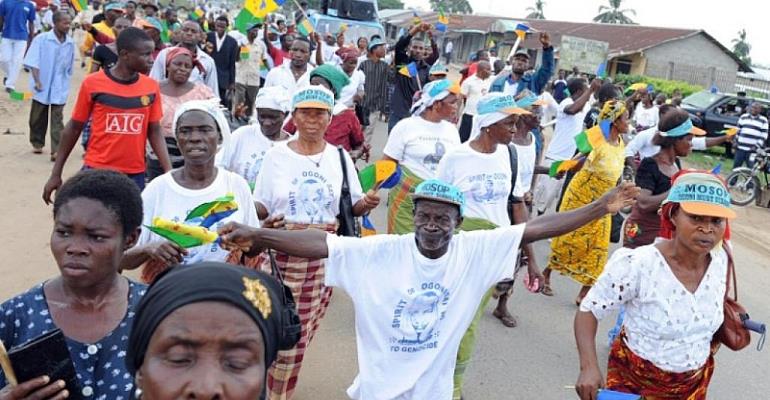
The landmark case of widows from Nigeria's Ogoni region whose husbands were executed in an alleged conspiracy between Dutch oil giant Shell and the government of late Nigerian military leader Sani Abacha has opened at The Hague.
The Dutch multinational faces accusations from widows of nine environmental activists of instigating a raft of horrifying human rights violations committed by Abacha against the Ogoni people in the 1990s.
The activists, including Ogoniland leader Ken Saro-Wiwa, who opposed Shell's "devastating pollution" of the region, were hanged in 1995 after what rights organisations described as a "sham trial".
Legal practitioners say many of the witnesses who implicated the Ogoni 9, subsequently recanted their evidence, stating that they had been bribed by the Nigerian military junta and offered money and jobs with Shell to give false testimony.
Long wait
It's been 23 years since the so-called Ogoni 9 were executed. That's the time it has taken Esther Kiobel, Victoria Bera, Blessing Eawo and Charity Levula to get their act right and file another law suit against Shell over the company's alleged role in the detention, trial and execution of their husbands.
Femi Falana is a Nigerian human rights lawyer and a member of the team of attorneys who defended the Ogoni 9 during their trial by a Nigerian military court.
He says there is widespread excitement in Nigeria that the widows could finally get justice at last.
Falana also expressed delight that the women are taking advantage of the universal competence of the Netherlands' courts to hear cases of injustice attributed to multinationals operating in foreign countries.
Obstruction of justice
One of the key demands of the women is a request to the court to order Shell to hand over more than 100,000 internal documents, believed to be crucial to the case.
The incriminating files were the substance of an earlier case filed against Shell at a New York court in 2002 by one of the widows, but which ended up being thrown out by the Supreme Court after 11 years of procedural wrangling on grounds that the US lacked the jurisdiction to hear the case.
Some Nigerian environmentalists have argued that the Americans refused to hear the case out of fear that their own companies making huge profits in Nigeria's oil sector would be found guilty of reckless conduct.
"Big oil" violence
Nigeria makes an estimated at 17.6 million euros per day from oil revenue, according to the country's Ministry of Petroleum Resources.
The Ogoni people continue to see themselves as victims of “big oil violence” due to wild gas-flaring, which continues to pollute the environment and undermine the traditional livelihoods of communities, with little of the billions of oil revenue trickling down to the people.
Femi Falana says Nigerians, especially the human rights community and the Ogoni people, see the case in The Hague as the prosecution of the allegedly corrupt relationship between the Nigerian state and Shell.
According to the barrister, many other victims of gross human rights violations in the country will also want to take advantage of the case against the Dutch oil giant to seek justice.



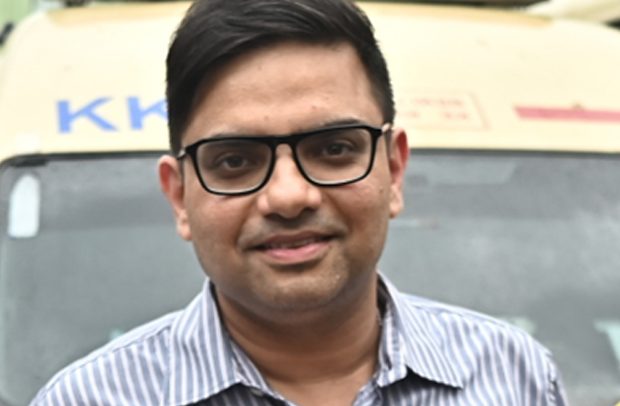
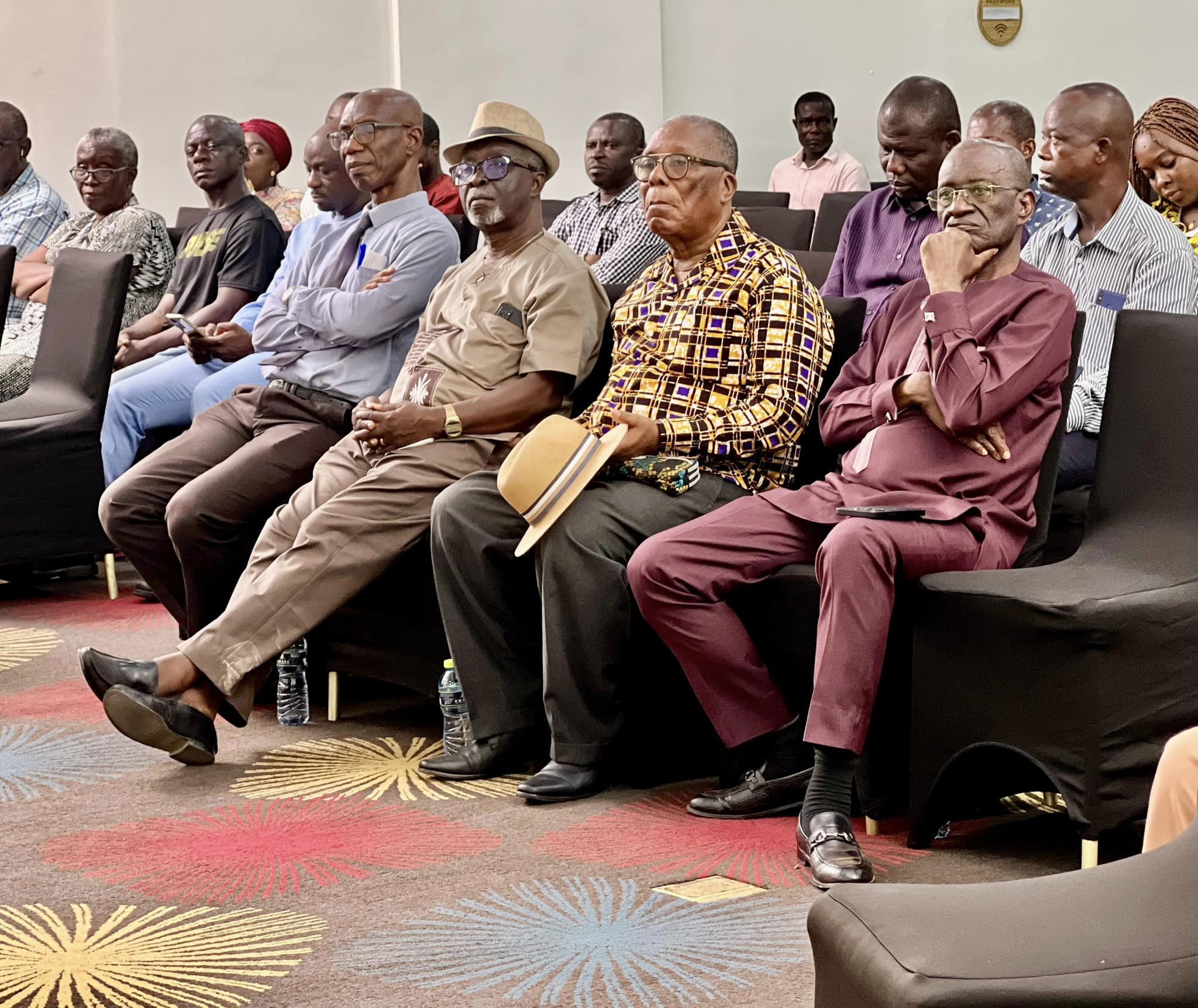
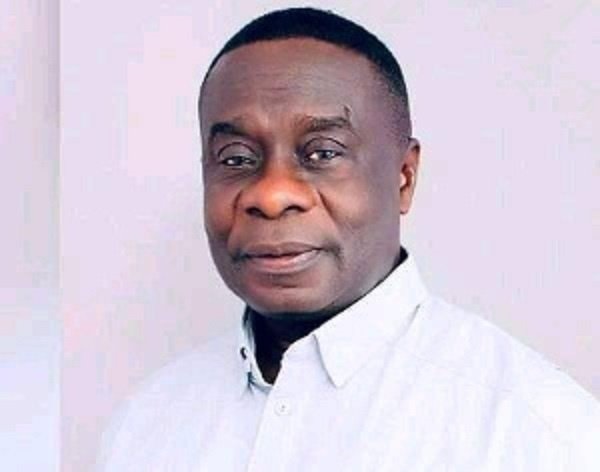





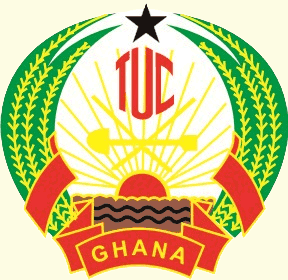
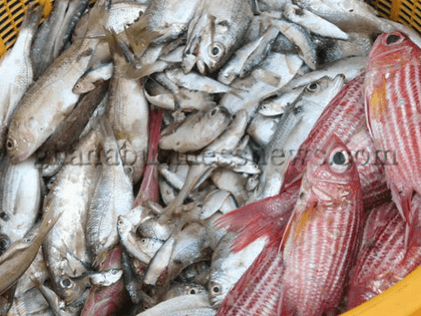

Facebook
Twitter
Pinterest
Instagram
Google+
YouTube
LinkedIn
RSS